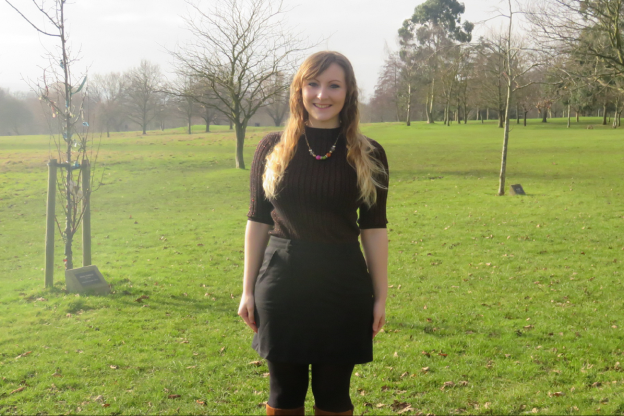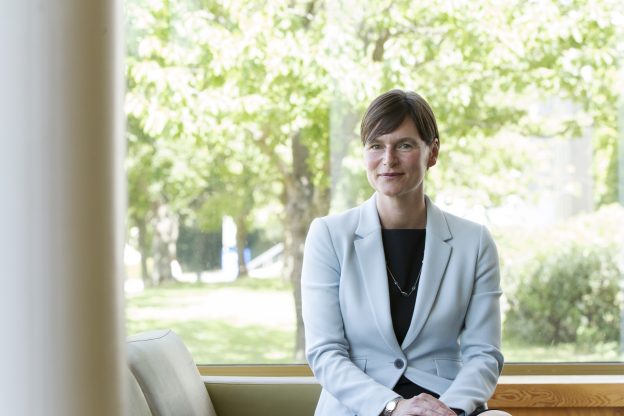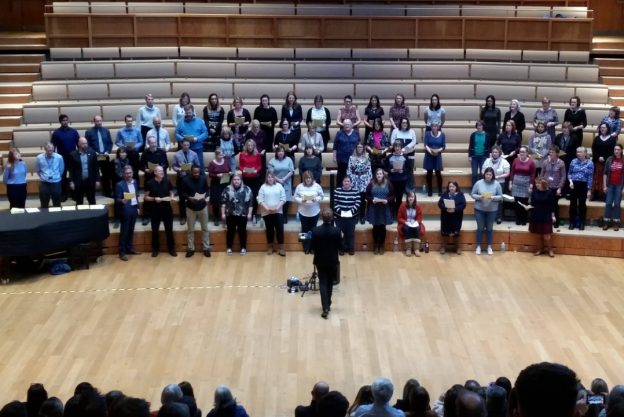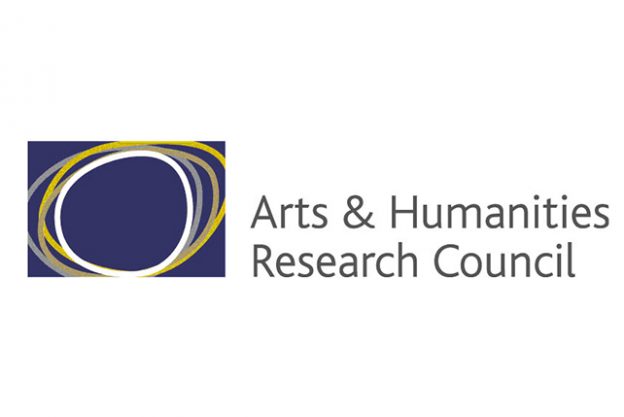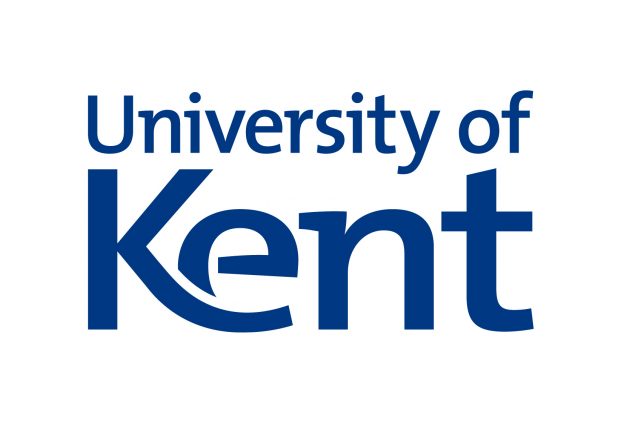Love a spot of gardening? Ahead of National Gardening Week (from 27 April – 3 May 2020) and while many of us are at home more, we’ve got just the thing for green-fingered colleagues.
From perfect timings to pest control, here are our ten top tips for how to make the most of your outdoor oasis:
1. Sunflowers and marigolds are just some of the pretty annuals perfect for planting in spring. Easy to grow, these flowers almost guarantee an amazing colour show come summertime.

2. Avoid watering your plants during the hottest part of the day and aim for mornings or dusk instead.
3. Plants in a terracotta pot will dry out quicker than ones in a ceramic or plastic container. So, if you’re using a terracotta pot, line it with plastic or an empty compost bag with holes punched in the bottom before planting, to keep the soil moist for longer.

4. Be careful not to over mow your grass and never cut shorter than two inches, as this can weaken the grass and make it more susceptible to weeds.
5. Edge your flowerbeds with rocks to discourage grass and weeds from taking over.

6. Add a tiny bit of fertiliser to water for new plants to help improve health, growth, and productivity.
7. For planting fruit and veg – save space by sowing two different crops in a single row. Mix a slow growing crop such as parsnips or carrots with something faster like lettuces or radishes.

8. Holes for bulbs should be two to three times as deep as the bulb itself as they need room to grow.
9. Slugs hate caffeine – so spread a line of used coffee grounds around emerging seedlings and new plants to keep the slugs away.

10. Run your fingernails across a bar of soap as this will seal off dirt from accumulating under your nails.
Can you think of any more gardening top tips for us to share? Send your ideas to stories@kent.ac.uk







